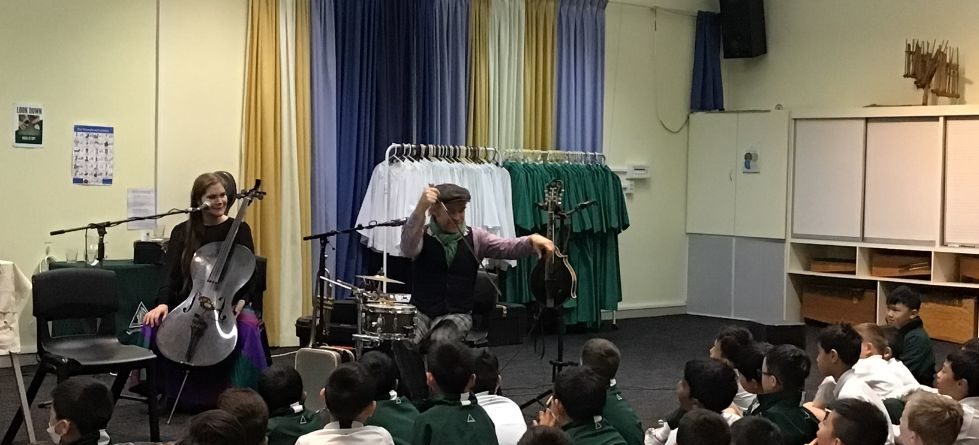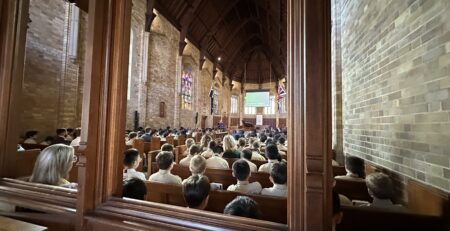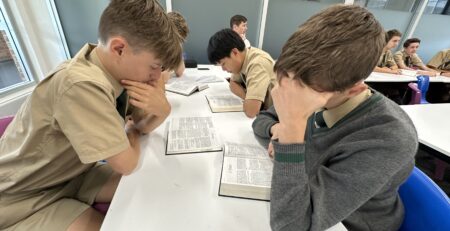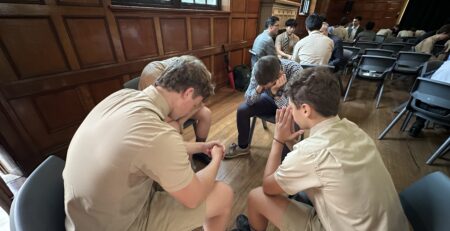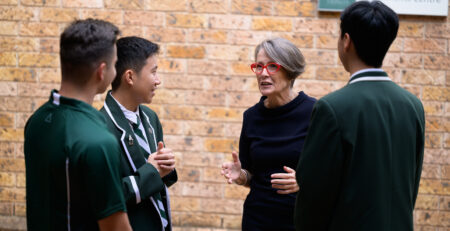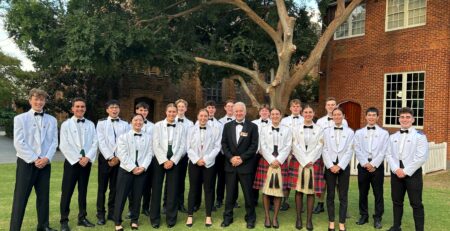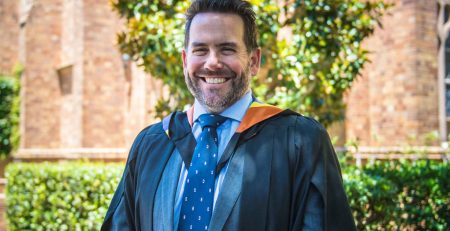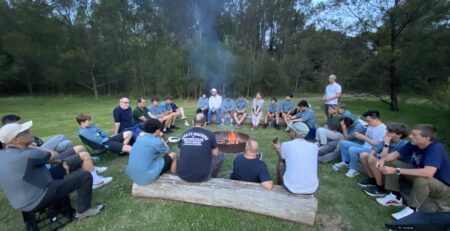Prep | Kindergarten News
Welcome to Term 3
100 days of School
Last week the boys celebrated their 100th day of school in Kindergarten! We had a lot of fun making towers out of 100 cups, completing 100 exercises (star jumps, hopping), making the number 100 out of 100 items and writing stories about what we want to be and do when we’re 100 years old!!
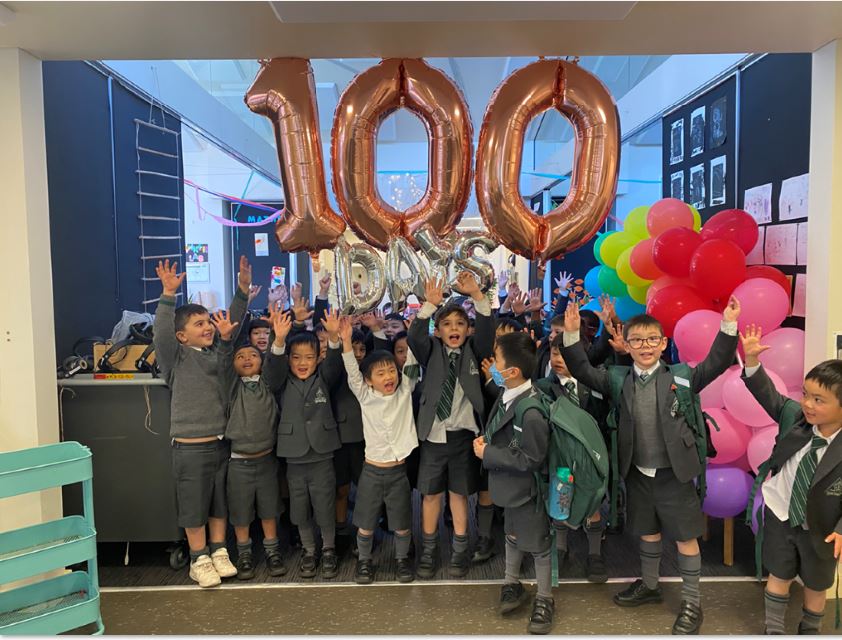
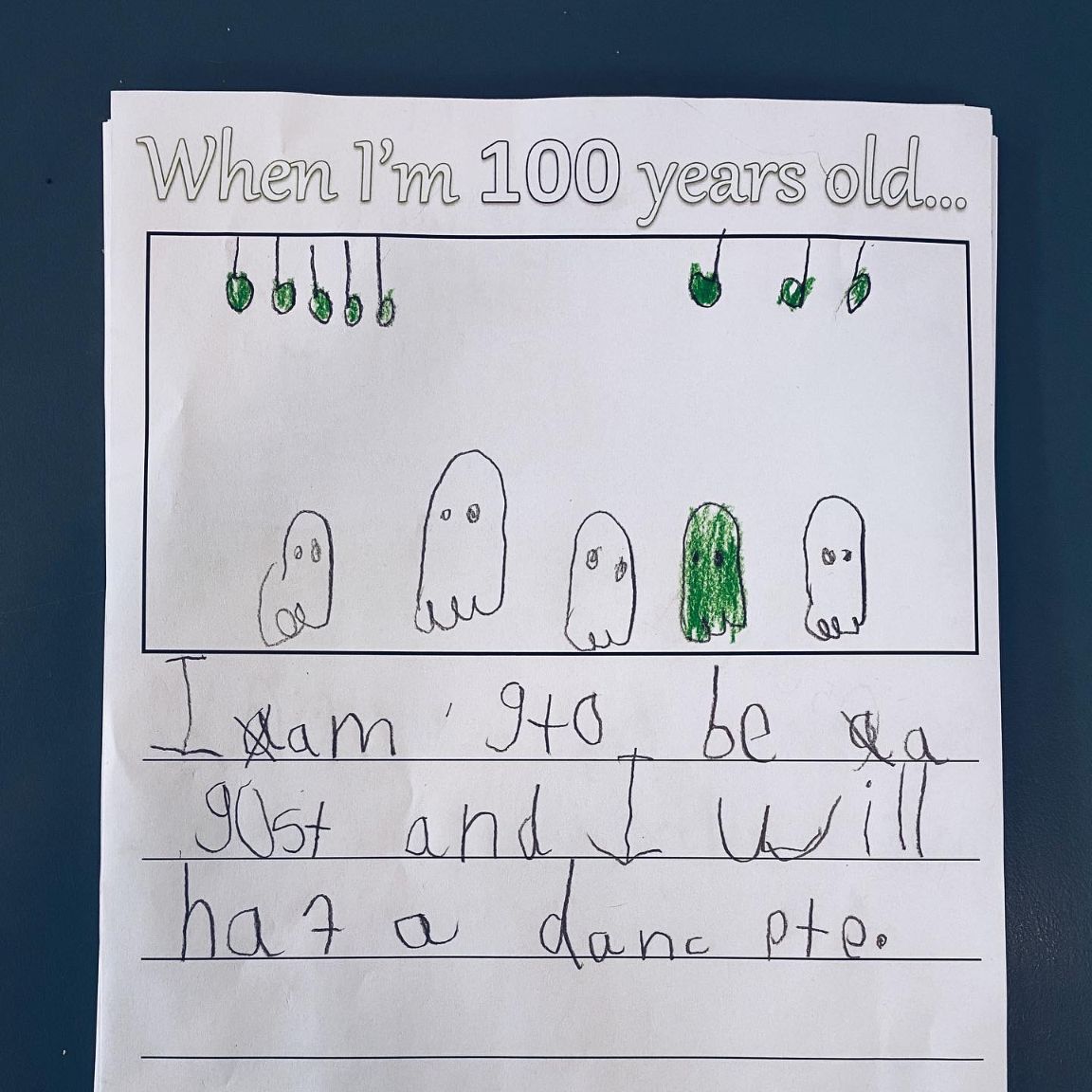
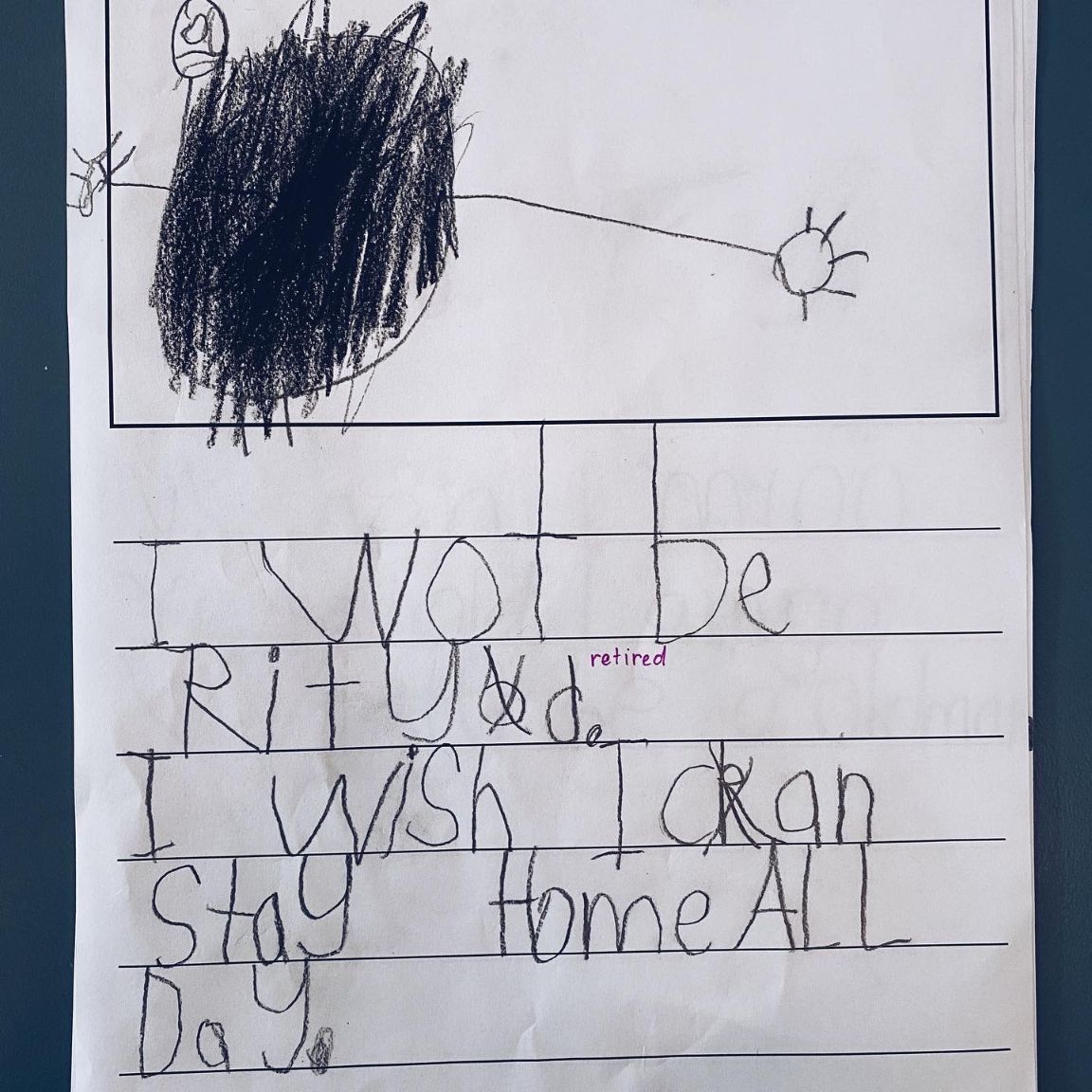
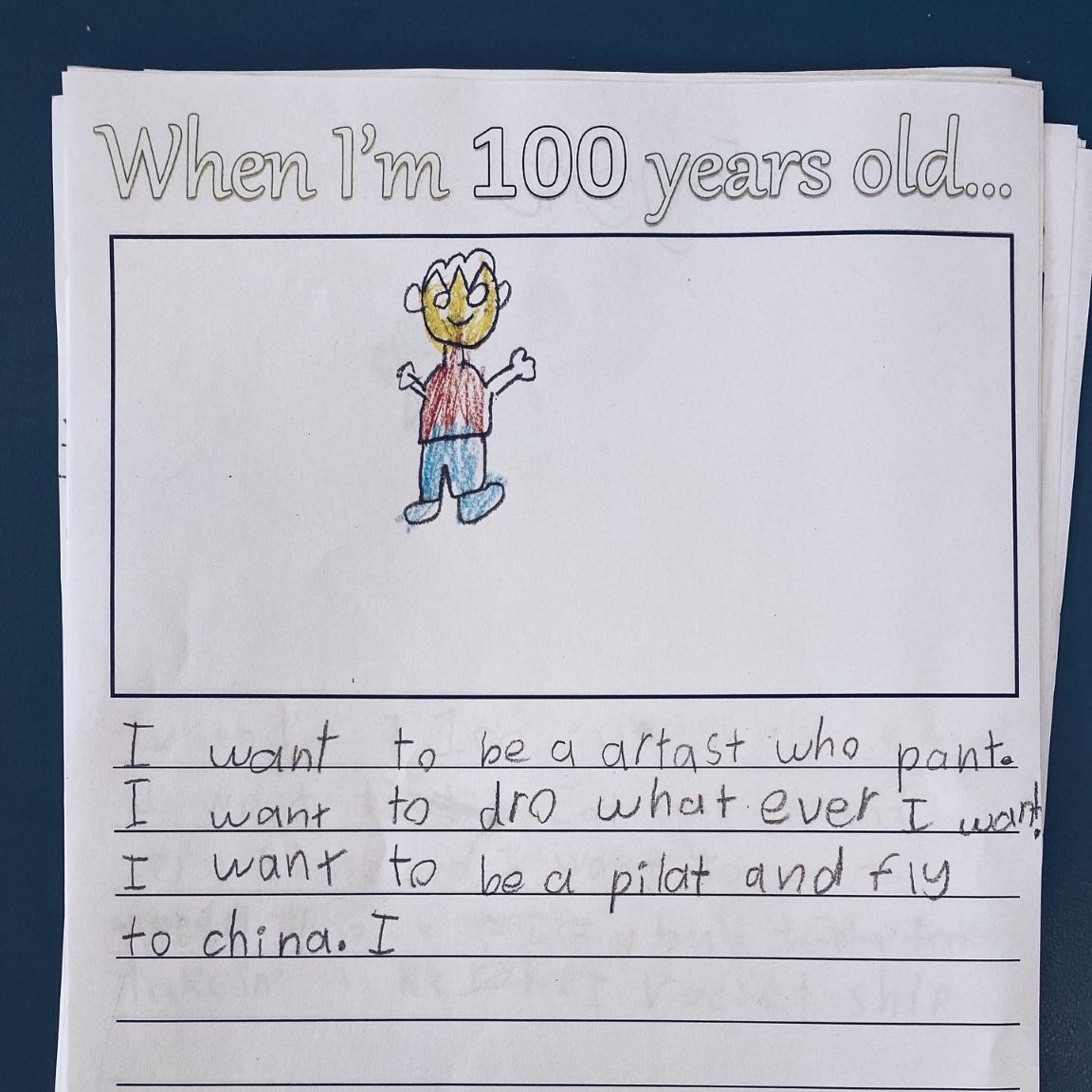
The boys have been working so hard over the last 100 days to become better inquirers, risk-takers, communicators and thinkers. They have also learned how to be more principled and caring as they continue to foster and develop positive relationships with their peers and teachers!
Kindergarten as Communicators
Our Kindergarten learners have been discussing and reflecting on their communication skills, with a focus on listening. Each class constructed their own success criteria. If we are good listeners, what does that look like? How will we know that we are listening with intent and purpose?
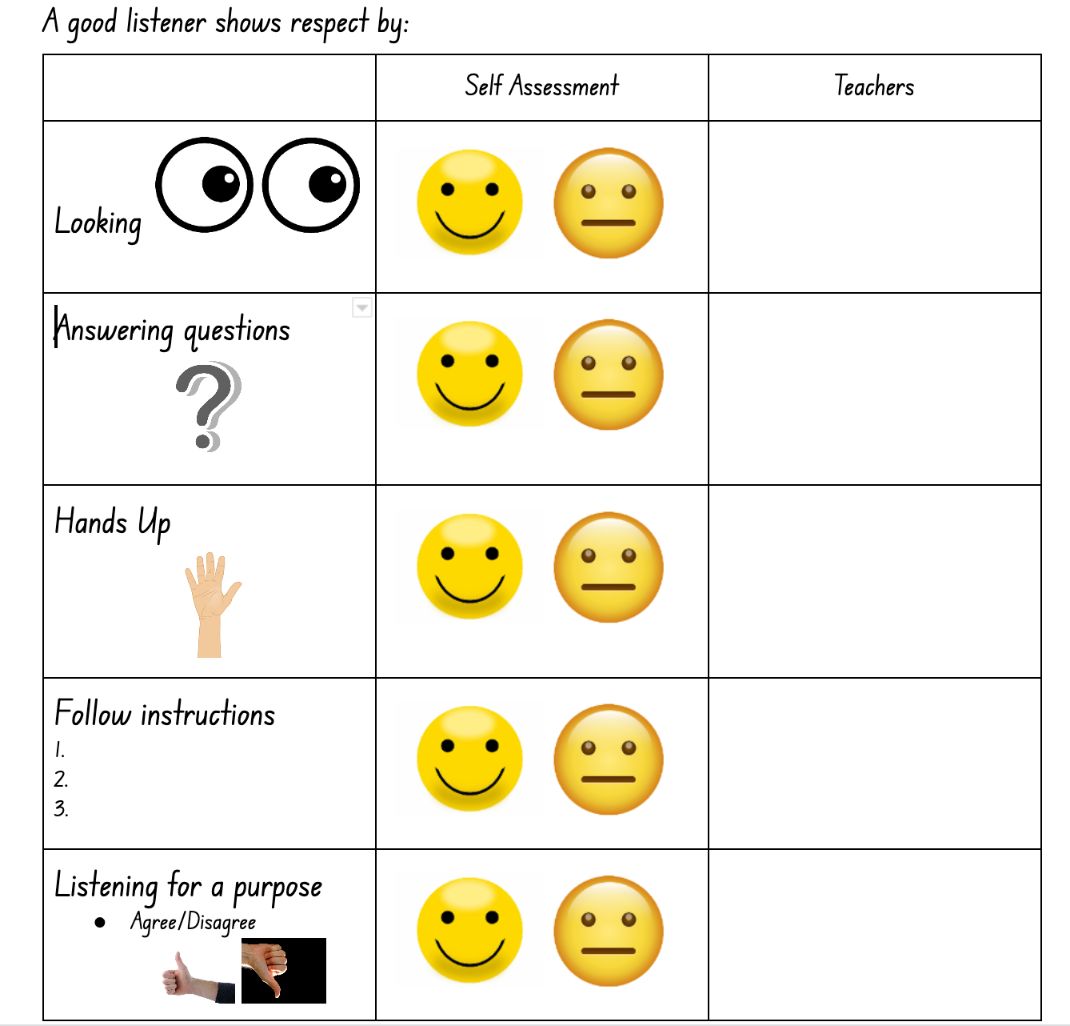

“Having voice, choice and ownership for their own learning influences learners’ sense of self-efficacy. Agency is foundational to the development of self-regulation and leads early learners towards setting goals to direct their own learning.” (pg 4 The Early Years in the PYP)
Over the past weeks, our learners have set listening goals and reflected on their successes and next step in learning. They are developing and demonstrating the approaches to learning as they focus on communication and social skills. They are also focusing on the attributes of the IB Learner Profile as they strive to be communicators, principled and reflective.
Student reflections:
“I am answering questions and looking at the teacher and whoever is talking.”
“When I have a question, I put my hand up so when other boys are talking, we don’t talk over them.”
“I am learning to put my hand up instead of calling out because someone else is talking. I don’t talk over them.”
“I look at the person who is talking because it shows respect to the person who is talking.”
“I also agree at home when I listen to my mum.”
“I am following instructions, so I am ready to learn.”
Home Reading: Comprehension
In Kindergarten, the boys continue to build on their early Literacy skills. They are excited to be learning new skills and strategies to decode texts and read with independence. Beginning to read is such an exciting time in life!
One reading strategy we are focussing on with the boys is comprehension. Comprehension involves responding to, interpreting, analysing and evaluating texts. Comprehension allows our young learners to engage with new texts with understanding and insight. Ways you can support your son in building his comprehension skills at home include asking questions, before during and after reading.
Some questions you could ask include:
Questions to ask before you read
- What do you think this story will be about? Why?
- Who do you think the characters will be?
Questions to ask as you read
- What do you think will happen next?
- What does _____ (the name of a character) want?
- Where does the story take place?
- Do you think ____ (the name of a character) made good or bad choices? Give an example.
- How does this story make you feel?
Questions to ask after you read
- What is the same about this book and _____ (the name of another book you have read together)?
- What do you think happened after the story ended?
- If you could choose one character from the story to be your friend, who would you choose?
- If you were in the story, what would you have done differently?
- What lesson did the main character learn?
- Would this book be a good movie? Why?
- Who is the most important character in the story?
- What does this story make you think about?
- What was your favourite part of the story?
Most importantly, enjoy reading together!
Maths
In Kindergarten, we’ve been happily playing and learning all about place value! The boys have been using MAB blocks (base ten blocks) to explore the concepts of place value, addition, subtraction and number sense. We have also been investigating the flexibility of numbers and what the difference is between a digit (numerical symbol) and a number. For example, in the number 924, the digit 4 represents 4 ones, the digit 2 represents 2 tens or 20 ones, and the digit 9 represents 9 hundred, 90 tens or 900 ones.
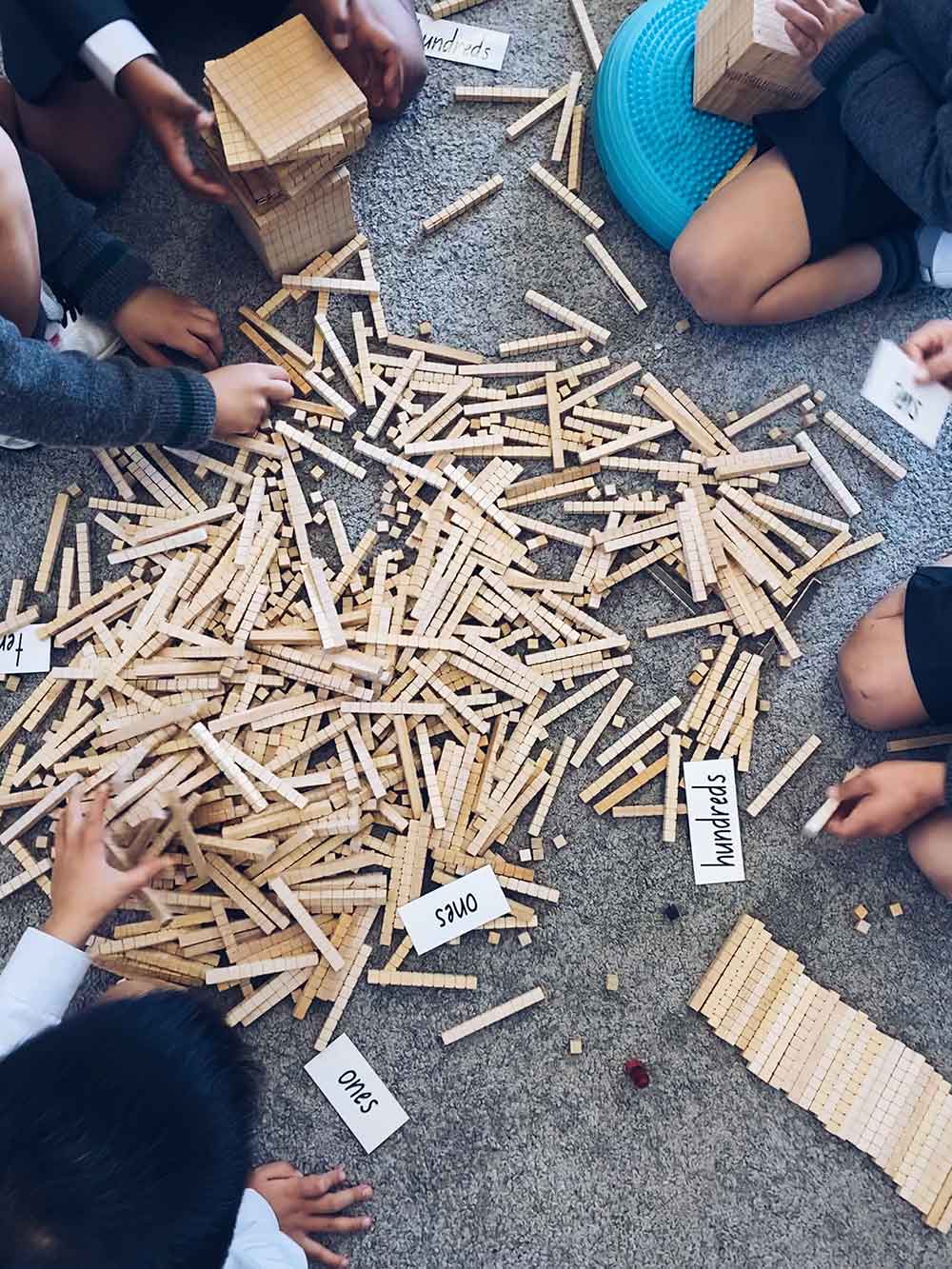
A big focus of all our mathematical learning is the development of understanding and fluency through exploring and connecting mathematical concepts, choosing and applying mathematical techniques to solve problems, and communicating thinking and reasoning coherently and clearly. The boys have continual opportunities throughout the week to engage in above-level tasks which push them to think further and wrestle with a problem, creating rich learning to deepen their understanding.
Over the next two weeks, we will begin a new topic on patterns. The boys will have many opportunities to utilise hands-on materials to copy, continue and create patterns using shapes, objects, images, actions and pictures. When students explore and learn about patterns, they build important foundations for later number work. Understanding patterns supports students to prepare for complex number concepts and mathematical operations. You can support your son to continue his learning at home, by noticing patterns around the house. Can he find a pattern and identify the features “my pattern has squares and triangles; the red and blue colours repeat?” Can he recognise if there is an error in the pattern and explain what is wrong?
Music
In Classroom Music Kindergarten are participating in a Stand-Alone Unit of Inquiry presented by Musica Viva called Timmy and the Breakfast Band. Throughout this unit they will be inquiring into the connection between music and emotions, music and movement and folk music using the Musica Viva stimulus material. Last week the group presented a one-hour concert to the students which was a wonderful opportunity for them to see and hear live musicians and an acrobat in action! Together we will explore the Concepts of Connection, Change and Perspective. They will also develop music notation and creative skills by notating and performing rhythms that include ta, titi and tika tika and by composing original compositions that depict mood in music by using the music elements of rhythm, form, tempo, dynamics and sound quality.
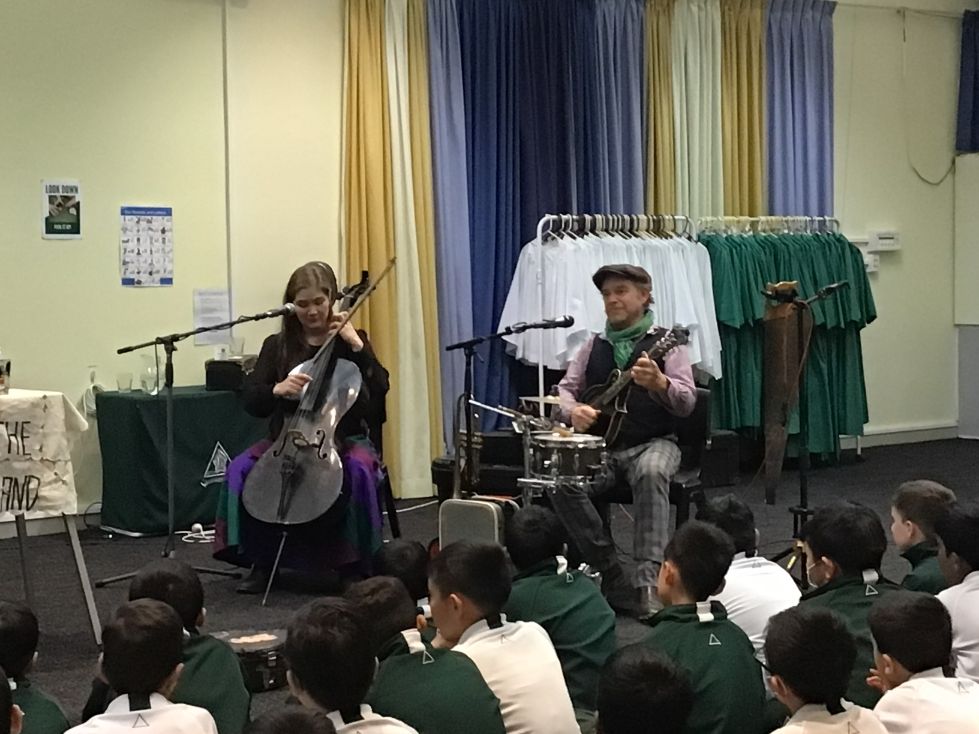
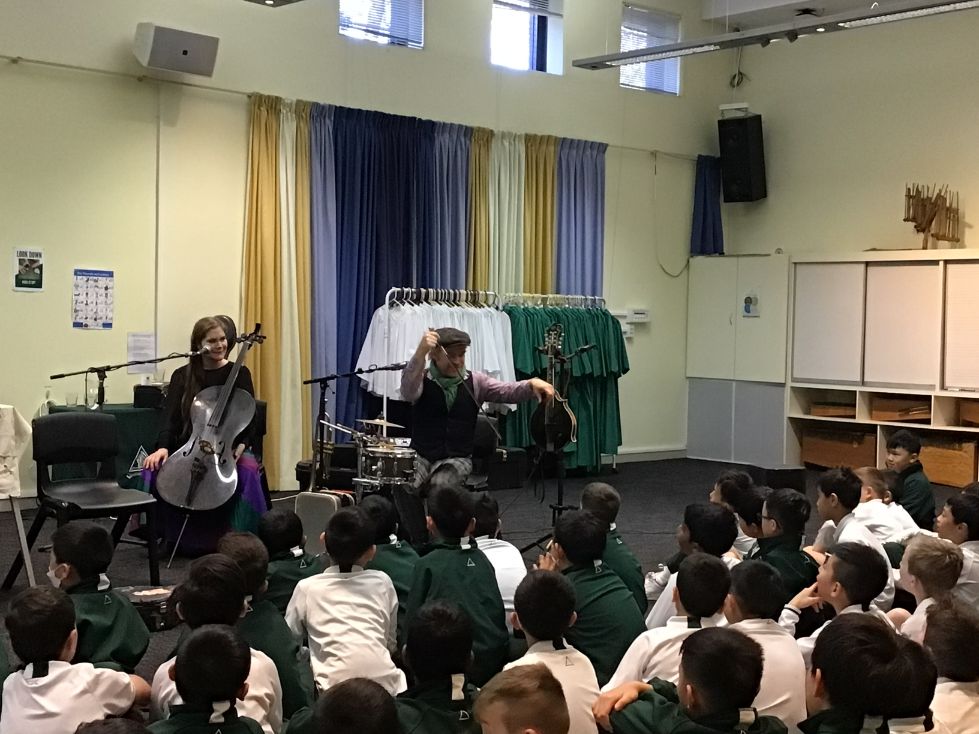
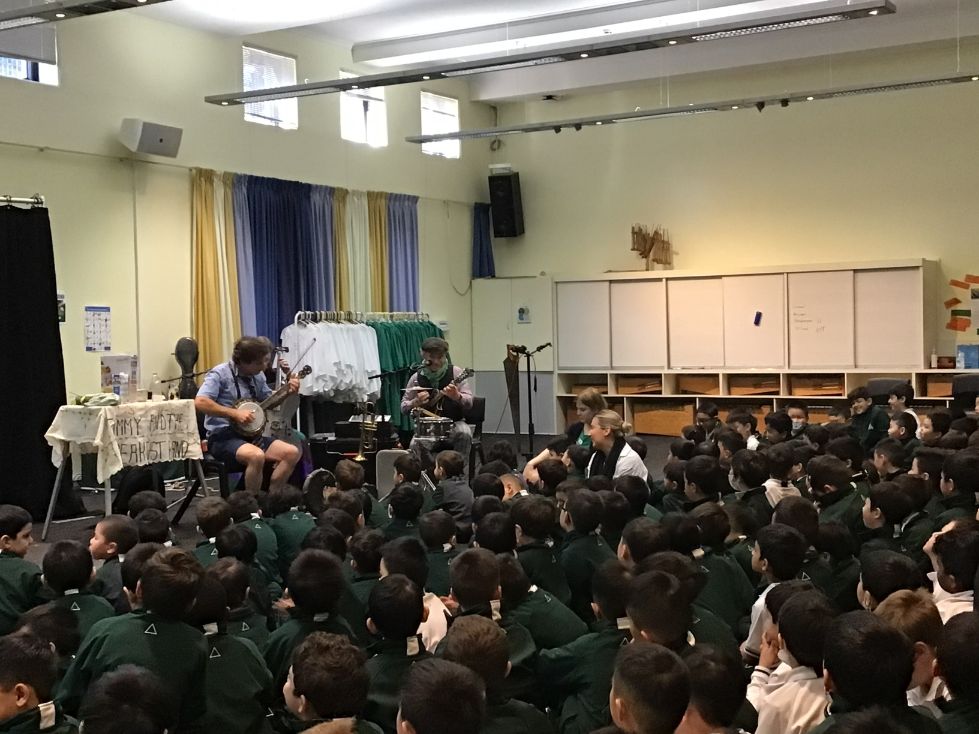
Mandarin
After using common verbs (kan le/saw, qu le/went, chi le/ate, wan le/played) to share the holiday highlights, Kindergarten students started the UOI unit “Sharing The Planet” by looking at living things and non-living things (Form). We have been learning and practising related vocabularies in a range of class activities for students to incorporate Communication Skills (Listening, Speaking, Reading, Writing) and Self-Management Skills (Managing time and tasks effectively). To assist students’ learning and get to know where they are in learning, groups take turns to work closely with me to concentrate on their language skills.

